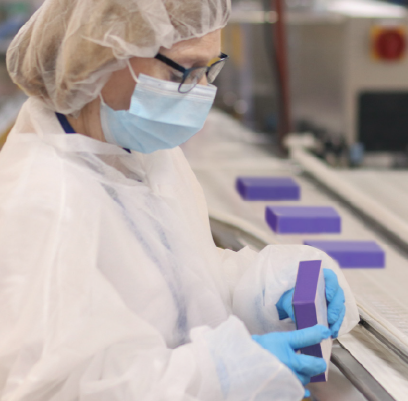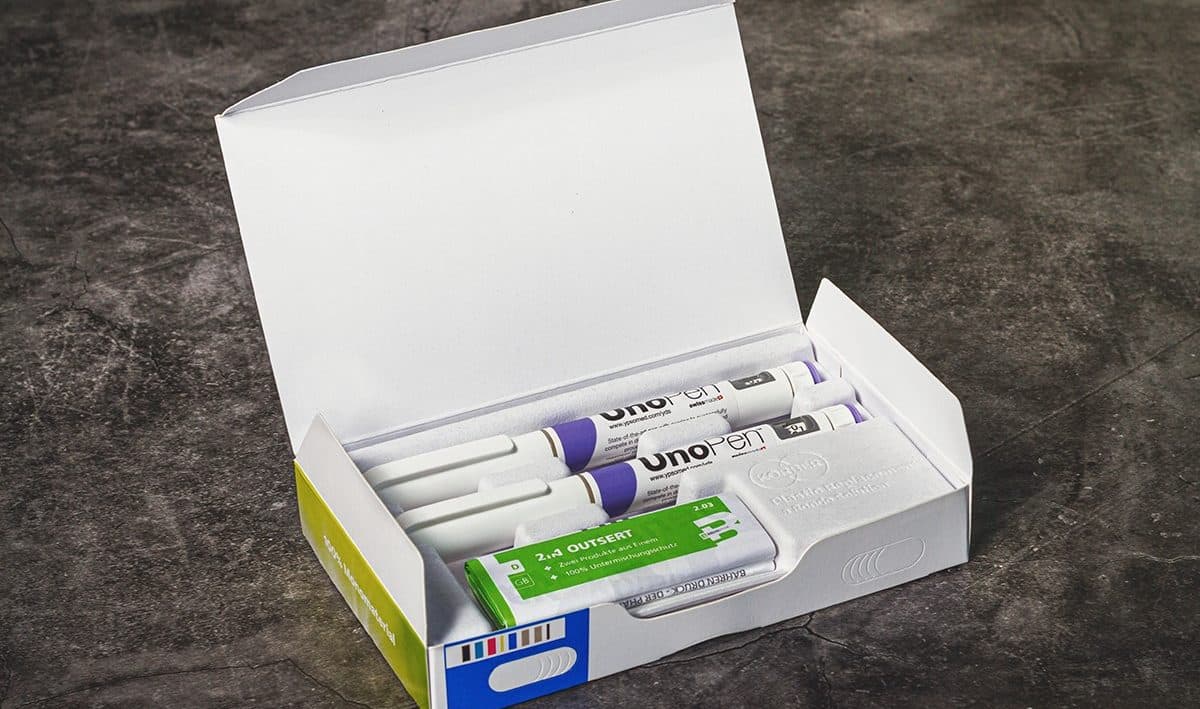As regulatory expectations grow more rigorous and supply chains face increasing pressure from geopolitical shifts, the global pharmaceutical industry have numerous challenges to contend with.
Choosing to onshore pharmaceutical manufacturing by partnering with a US-based contract development and manufacturing organization (CDMO) can offer advantages for pharmaceutical companies looking to the US market, given the evolving policy developments, regulatory environments and global supply chain dynamics. We have seen several large and small pharma and biomedical companies in the last 6 months announce their plans to invest in expanded US production and manufacturing facilities, suggesting that onshoring has long-term benefits. Since the beginning of 2025, pharmaceutical manufacturers have announced more than $270 billion in U.S.-based investments[1]. Reportedly, 80% of global manufacturers are currently considering onshoring or nearshoring strategies[2]. This article explores the factors driving the need for U.S.-based CDMO partnerships and highlights the advantages such a partnership can provide.
Increasing Regulatory Compliance and Security with U.S. Production
With the U.S. increasing scrutiny on foreign manufacturers and service providers, especially those based in regions considered as national security risks, onshoring CDMO activity allows pharmaceutical companies to ensure compliance with U.S. regulations. The proposed BIOSECURE Act, which aims to restrict U.S. federal funding to certain foreign biotech firms, underscores the importance of domestic manufacturing and production capabilities to maintain eligibility for government contracts and funding.
With the U.S. government’s ambition to invest in biotech development, projects completed in collaboration with a U.S. CDMO may qualify for federal or state funding, tax breaks, or fast-tracking under initiatives like BARDA Project NextGen. It may also offer a way to weather uncertainty around evolving tariffs policies.
Supply Chain Resilience
The COVID-19 pandemic highlighted vulnerabilities in global supply chains which the industry is still working to address, particularly the reliance on overseas manufacturing. Onshoring CDMO manufacturing and production services can reduce dependency on foreign suppliers and mitigate the risks associated with geopolitical tensions and trade disruptions. Especially in the case of small batch sterile injectables, managing their production within a small proximity is a powerful risk mitigation strategy because they are often high-value, novel therapies that may require direct collaboration with local regulatory agencies.
Faster Response Times
Having manufacturing facilities closer to R&D and commercial operations can significantly reduce lead times for production and distribution. Stakeholders can coordinate more easily without time zone barriers, and audits and on-site inspections are easier to organize and conduct. This agility is crucial for the pharmaceutical industry, which often faces rapid changes in market demand, especially in response to emerging health crises or new therapeutic developments, and especially for therapies that qualify for accelerated regulatory review.
Cost-Effectiveness
Choosing a U.S.-based CDMO that can provide end-to-end services, from sterile filling to packaging, can minimize unknown cost risks posed by shifts in tariffs. Additionally, sourcing and manufacturing closer to market is more sustainable, an increasingly important consideration when assessing product carbon lifecycles in preparation for carbon emission reductions.
While onshoring may initially seem more expensive due to higher labor costs, it can also lead to long-term savings through reduced shipping costs, lower inventory holding costs, and less risk of regulatory fines associated with non-compliance. Additionally, onshoring can encourage local investments and partnerships that may yield competitive advantages.
Conclusion
In summary, choosing a U.S.-based partner for contract manufacturing and packaging could provide significant benefits, including improved regulatory compliance, enhanced supply chain resilience, accelerated timelines, and cost savings. These factors combined make a compelling case for the strategic shift towards domestic manufacturing capabilities. As U.S. policies continue to evolve, partnering locally is a powerful risk mitigation strategy.
Sharp can leverage its U.S. based sites to offer end-to-end services from formulation development, sterile filling, lyophilization, and analytical services to packaging and distribution.
[1] https://manufacturing-today.com/news/tariffs-trigger-a-270b-pharma-shift-back-to-us-production/





